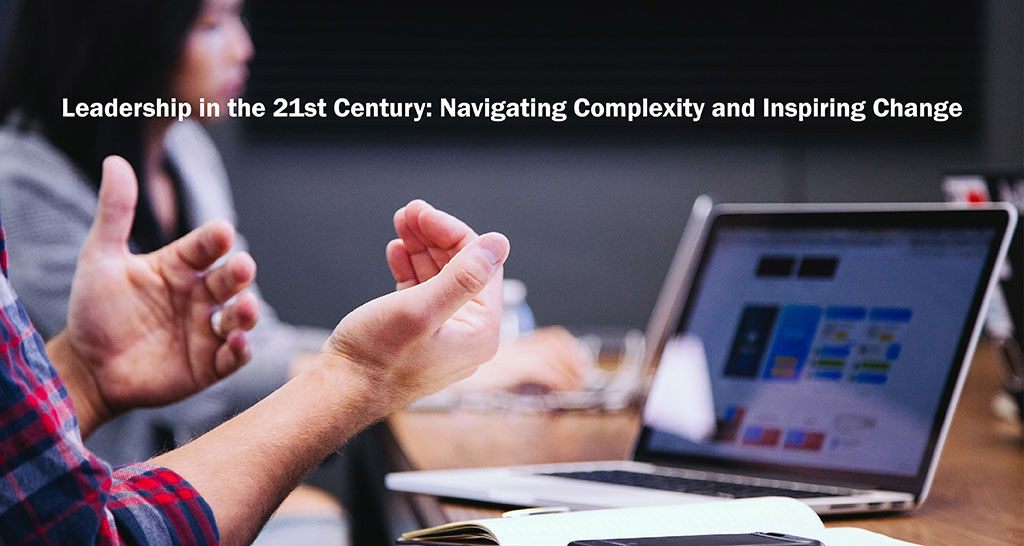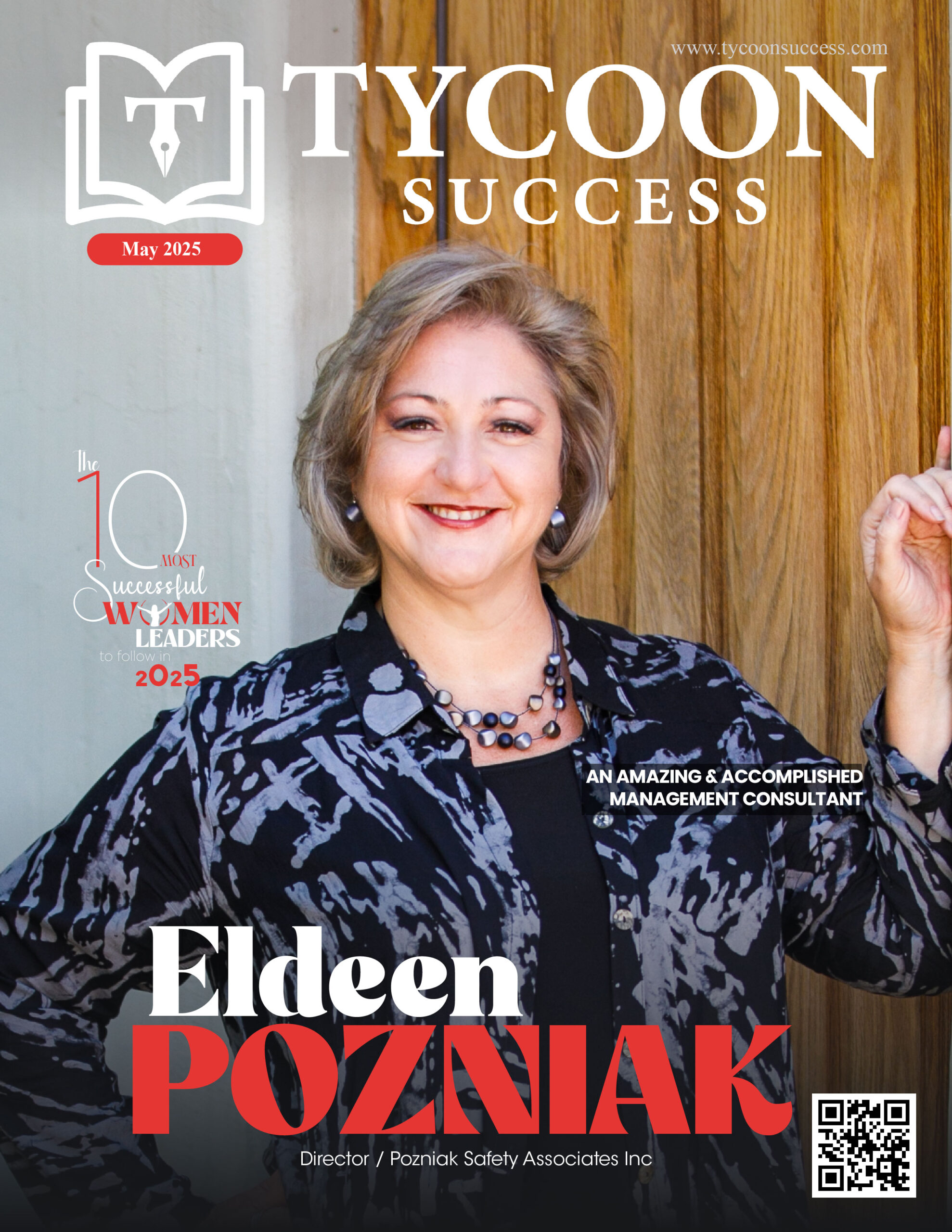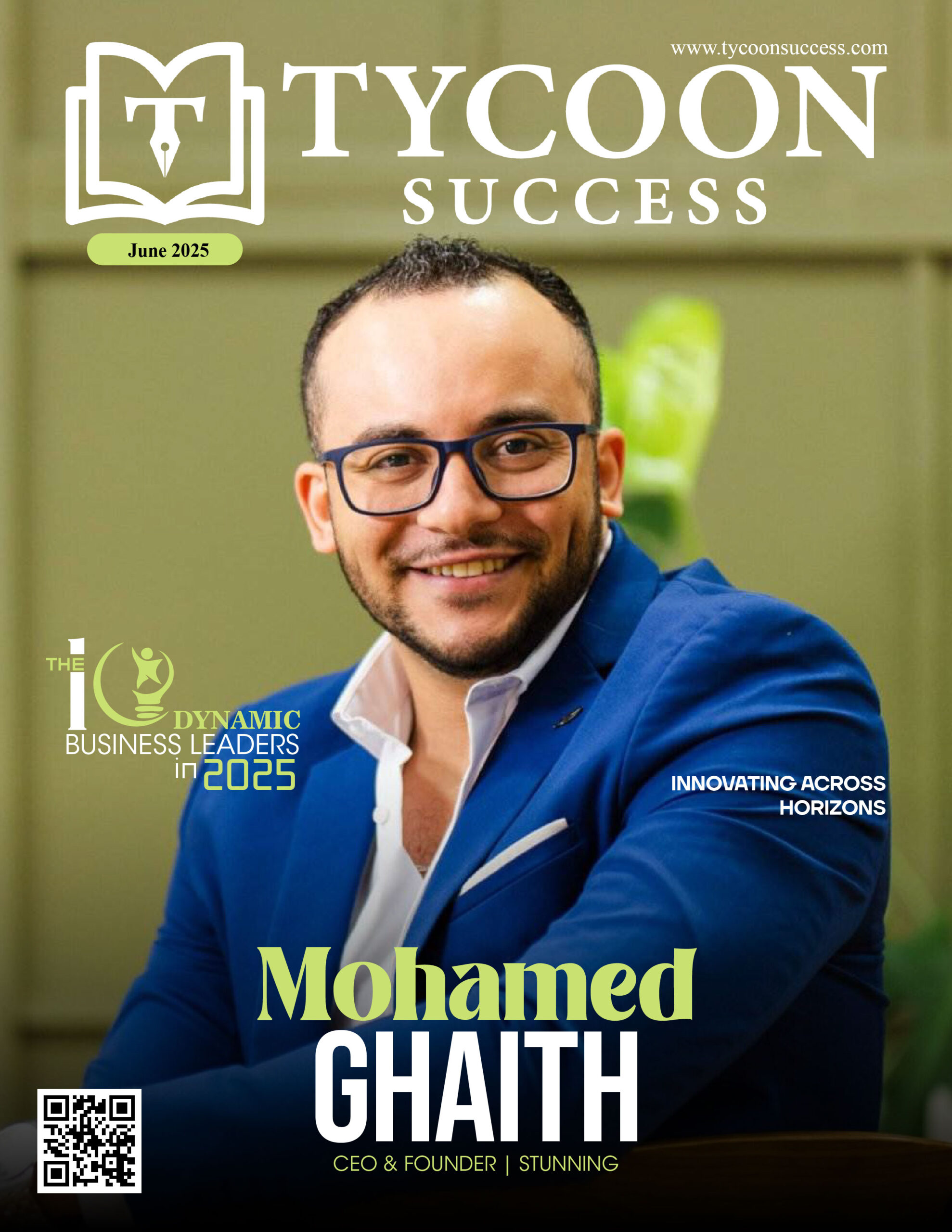Leadership has always been a crucial aspect of human society. From tribal chiefs to modern-day CEOs, leaders have guided their communities and organizations towards progress and success. However, the challenges and opportunities of the 21st century require a new kind of leadership that can navigate complexity, inspire change, and positively impact the world. This blog will explore the key characteristics and practices of effective leadership in the 21st century.
- Embracing Complexity
The world we live in today is more complex than ever before. Technological advancements, social and political changes, and global interconnectivity have created a web of interdependencies and unpredictability. Effective leaders in the 21st century must be able to embrace complexity and navigate through it. This requires strategic thinking, adaptability, and a willingness to learn and grow.
- Fostering Innovation
Innovation is a key driver of progress and growth, and effective leaders in the 21st century must be able to foster it. This means creating a culture of experimentation and risk-taking, encouraging creativity and collaboration, and providing resources and support for new ideas. Leaders must also be willing to challenge the status quo and embrace new technologies and methods.
- Building Resilience
In a world of constant change and uncertainty, resilience is critical for leaders. Resilience enables leaders to withstand setbacks and challenges and bounce back stronger. This requires focusing on self-care, mental and emotional strength, and a commitment to learning from failures and mistakes.
- Leading with Purpose
Purpose-driven leadership is becoming increasingly important in the 21st century. Leaders must articulate a clear and compelling vision for their organizations and align their actions with that vision. This requires a focus on values, ethics, and social responsibility, as well as a commitment to positively impacting the world.
- Cultivating Empathy
Empathy is a key trait of effective leadership in the 21st century. Leaders must understand and connect with the diverse perspectives and experiences of their team members, customers, and stakeholders. This requires active listening, open-mindedness, and a willingness to learn and adapt.
Conclusion:
Effective leadership in the 21st century requires unique skills and characteristics. Leaders must navigate complexity, foster innovation, build resilience, lead purposefully, and cultivate empathy. By embracing these practices, leaders can create positive change and make a meaningful impact on the world.








